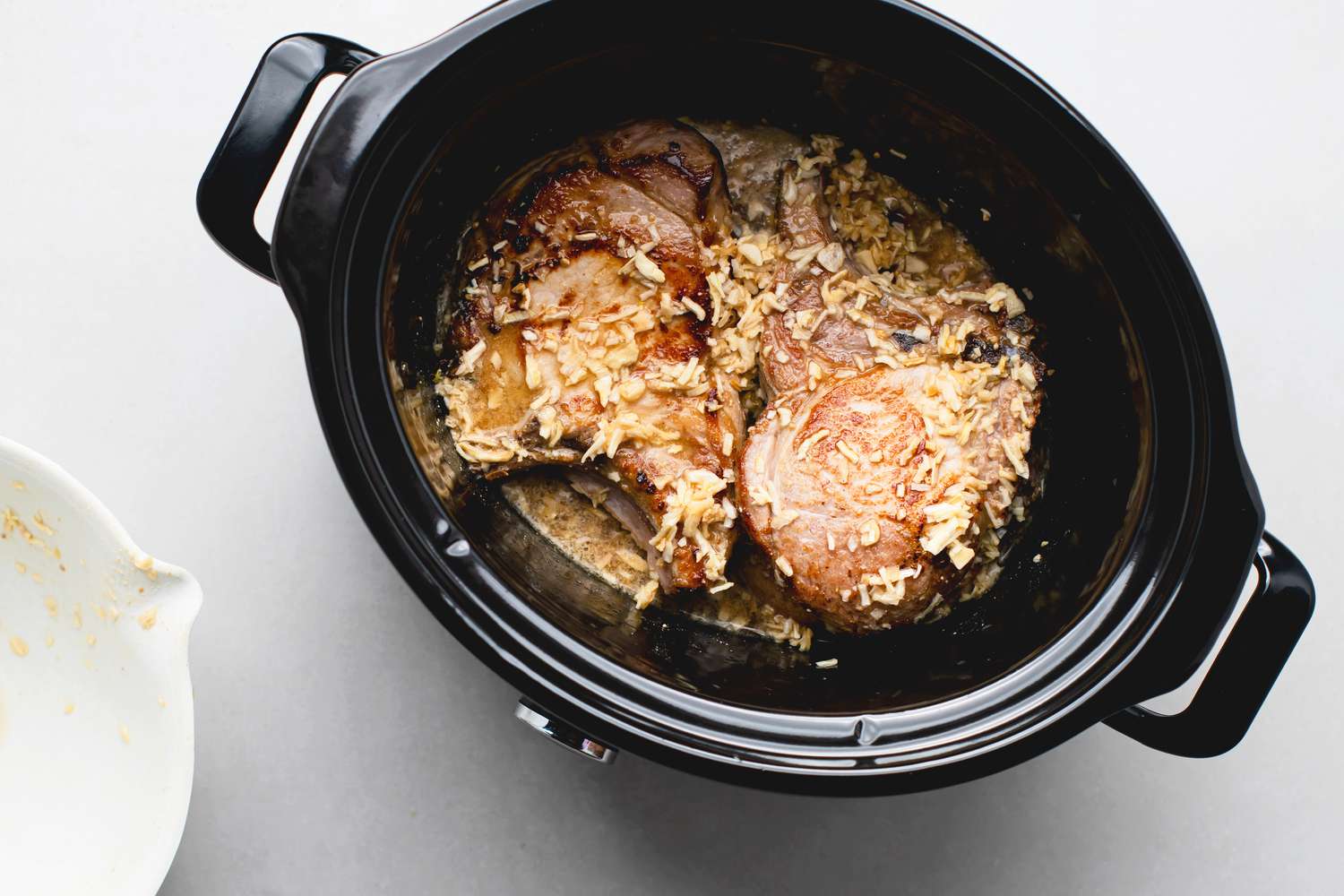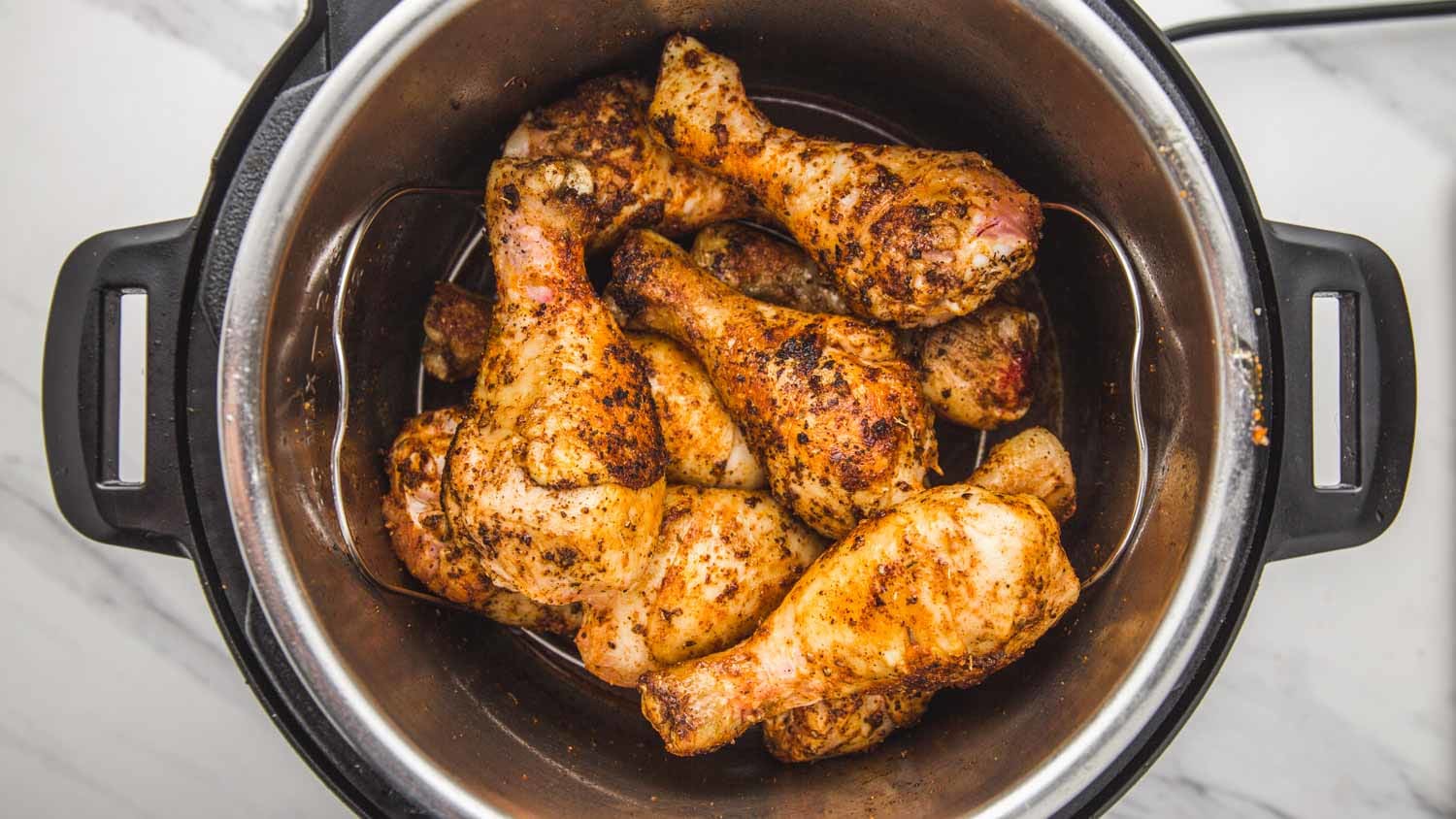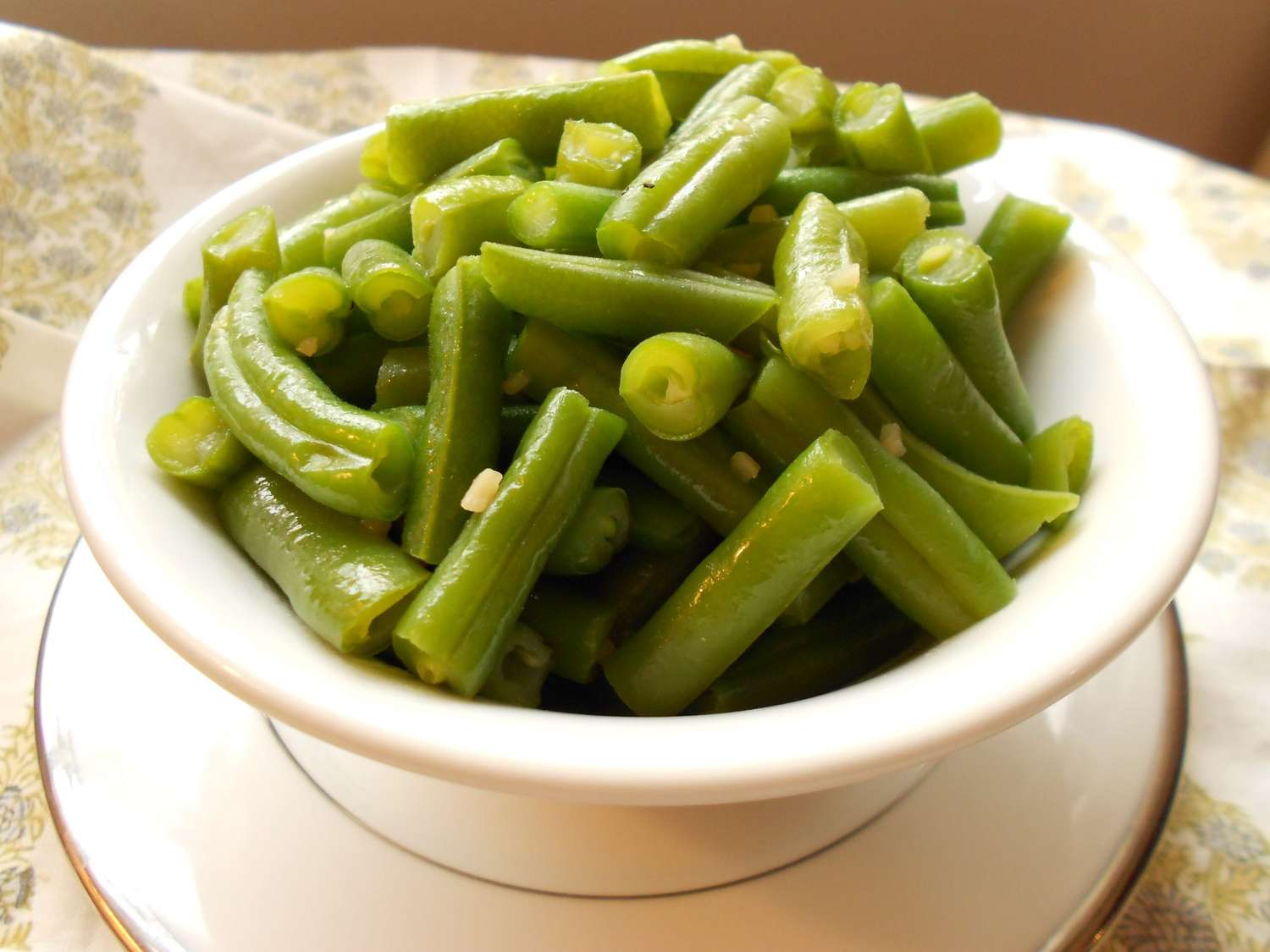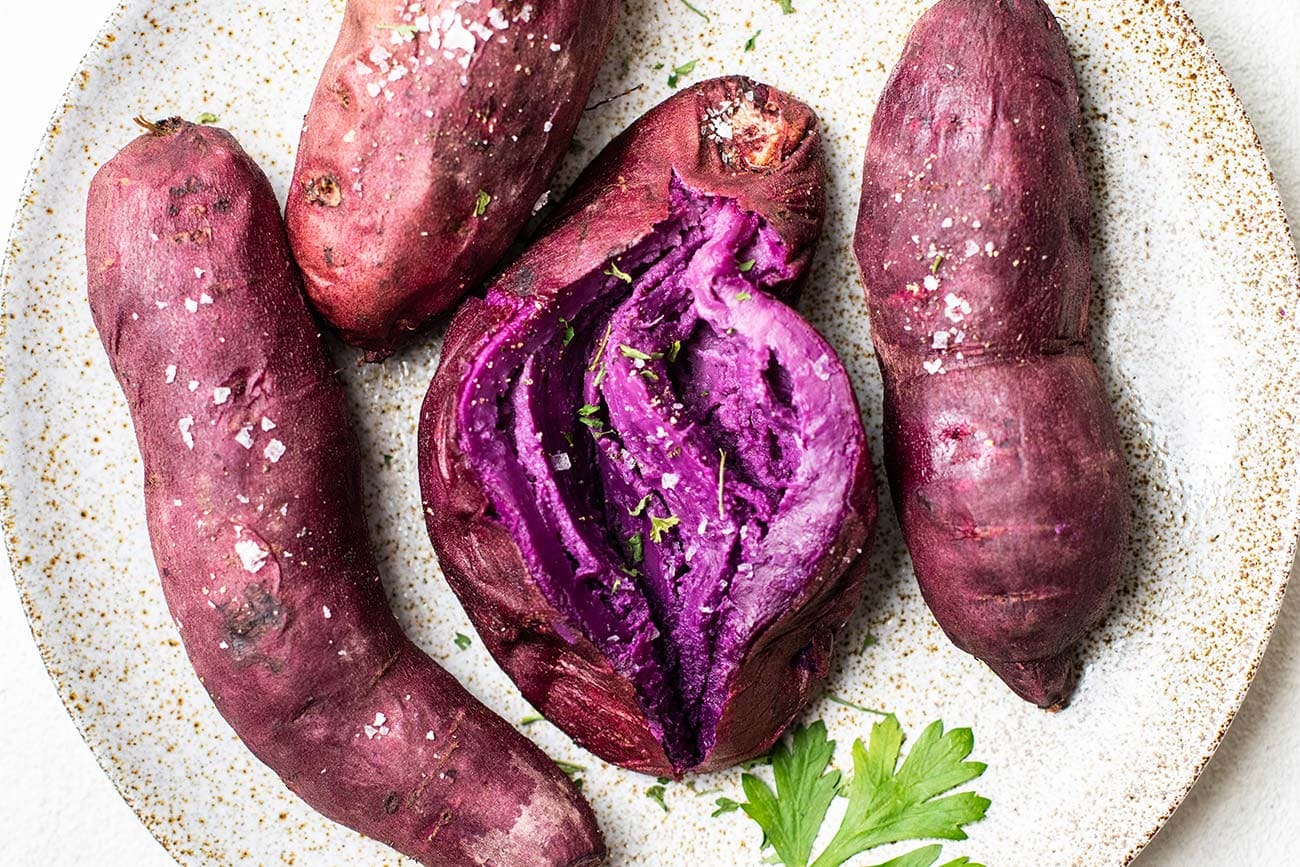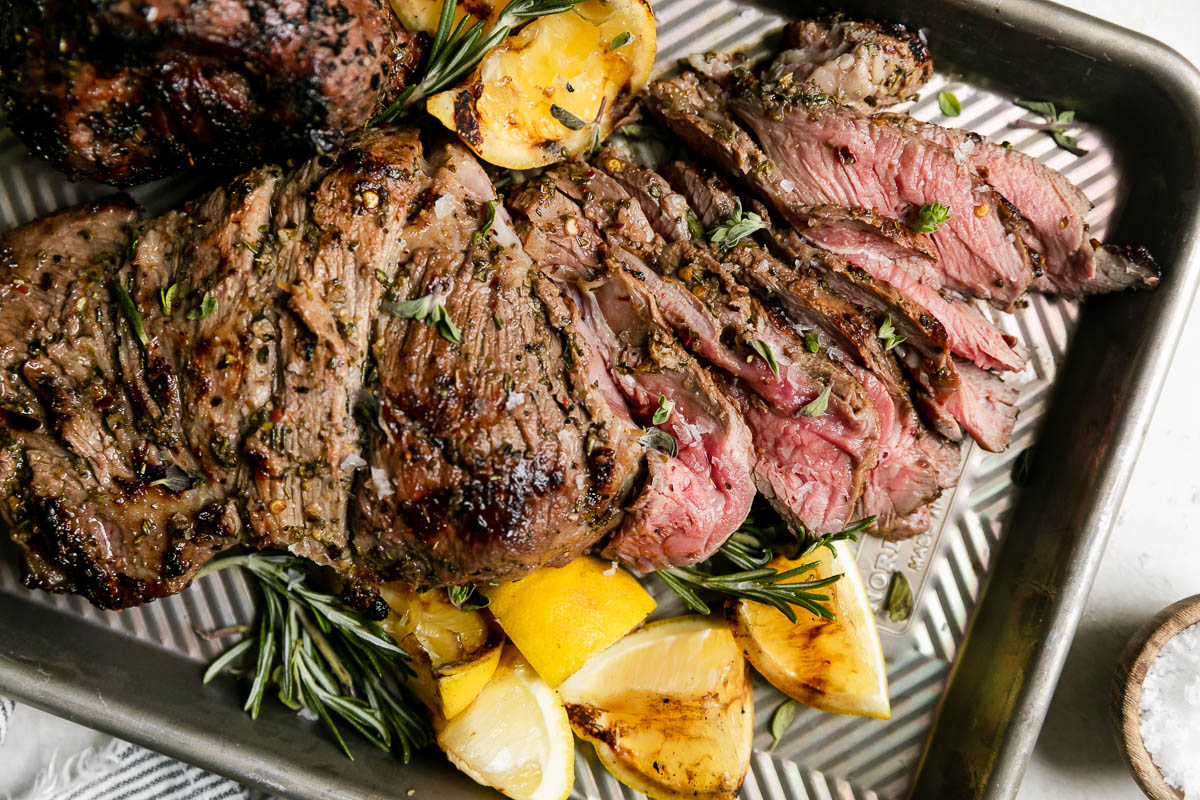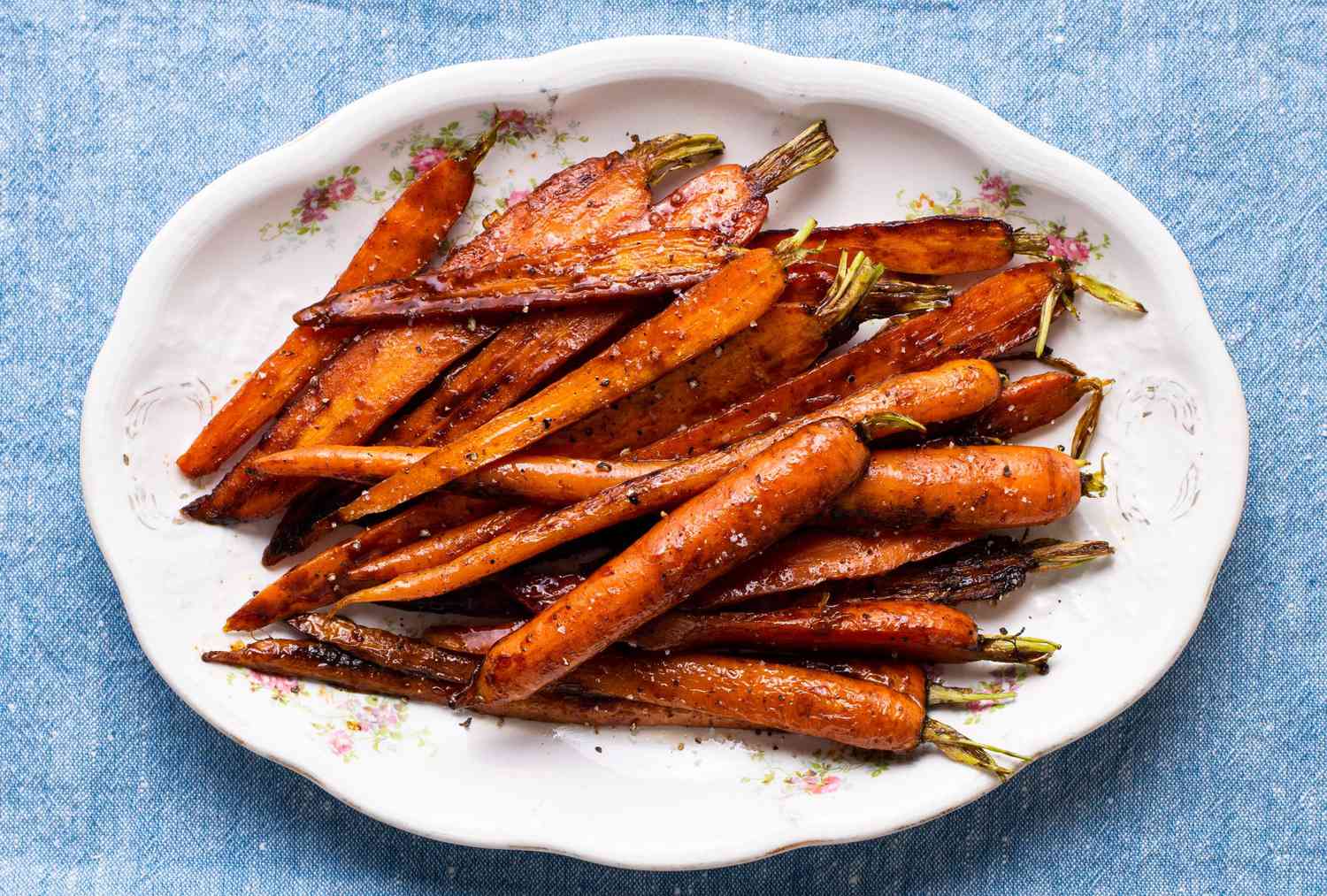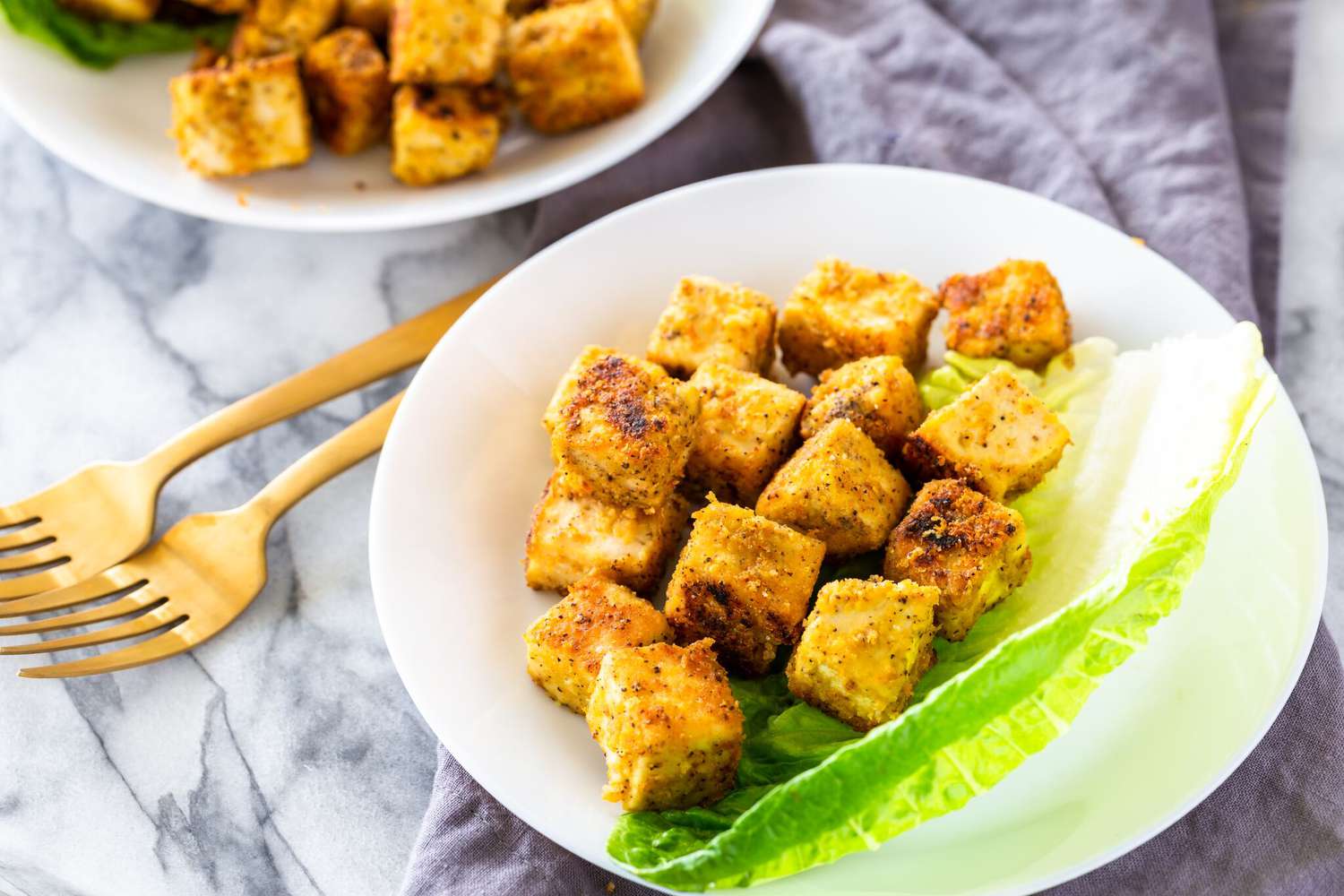Delicious Beans without the Unwanted Side Effects
Beans are an incredibly nutritious and versatile food that can be found in various cuisines around the world. Whether you enjoy them in soups, stews, salads, or as a main dish, there’s no denying the health benefits they offer. However, for some people, the unfortunate side effect of consuming beans is the bloating and gas that can follow. But fret not! There are simple cooking techniques that can help reduce gas and make your bean dishes more enjoyable.
Soaking Beans
One effective method to minimize the gas-producing properties of beans is to soak them before cooking. Soaking helps to remove some of the indigestible sugars responsible for causing gas. Follow these steps for optimal results:
- Sort through the beans and discard any damaged or discolored ones.
- Rinse the beans thoroughly with water to remove any dirt or impurities.
- Place the beans in a large bowl and cover them with water. The general rule is to use three cups of water for every cup of beans.
- Add a tablespoon of apple cider vinegar or lemon juice to the soaking water. This helps to break down the complex sugars in beans that can lead to gas.
- Allow the beans to soak overnight or for at least 8 hours.
After soaking, drain and rinse the beans before cooking. This process not only helps reduce gas but also shortens the cooking time.
Cooking Methods
The way you cook beans can also influence their gas-producing tendencies. Here are a few cooking methods to try:
- Pressure Cooking: Using a pressure cooker can significantly reduce the gas-causing compounds in beans. This method cooks beans quickly and efficiently, resulting in fewer side effects.
- Slow Cooking: Cooking beans on low heat for a longer period can break down complex sugars, making them easier to digest. This method can be particularly effective if you’re sensitive to beans but still want to enjoy their taste and nutritional value.
- Adding Herbs and Spices: Incorporating herbs like cumin, fennel, or ginger, and spices such as turmeric or asafoetida can aid in reducing gas. These ingredients have natural carminative properties that help to alleviate bloating and promote better digestion.
Remember, everyone’s tolerance to beans can vary, so it’s a good idea to experiment with different cooking techniques and see which ones work best for you. Don’t be discouraged if you experience some gas initially – your body will adapt over time as it gets accustomed to the increased fiber intake.
Enjoy Beans Gas-Free!
Beans are a fantastic addition to a well-balanced diet, providing a rich source of protein, fiber, and essential nutrients. By incorporating simple strategies like soaking, using specific cooking methods, and adding digestive-friendly herbs and spices, you can savor the goodness of beans without worrying about unpleasant side effects. Embrace the versatility of beans and explore the wide range of delicious recipes that will keep both your taste buds and your tummy happy!
Was this page helpful?
Read Next: How To Cook A Whole Ham Bone In
